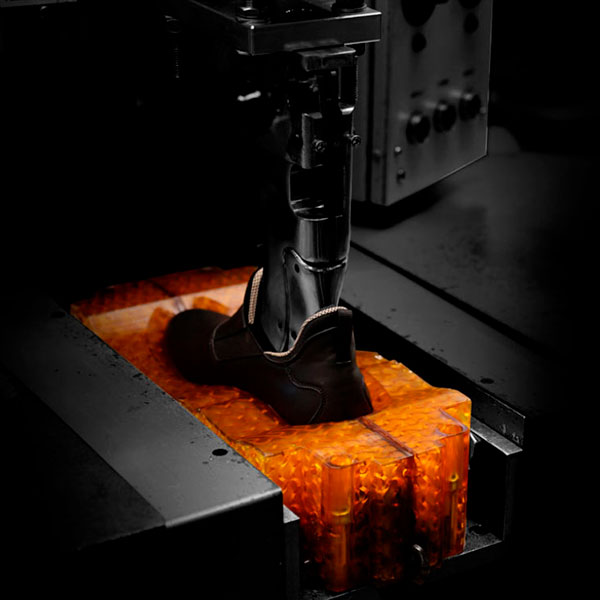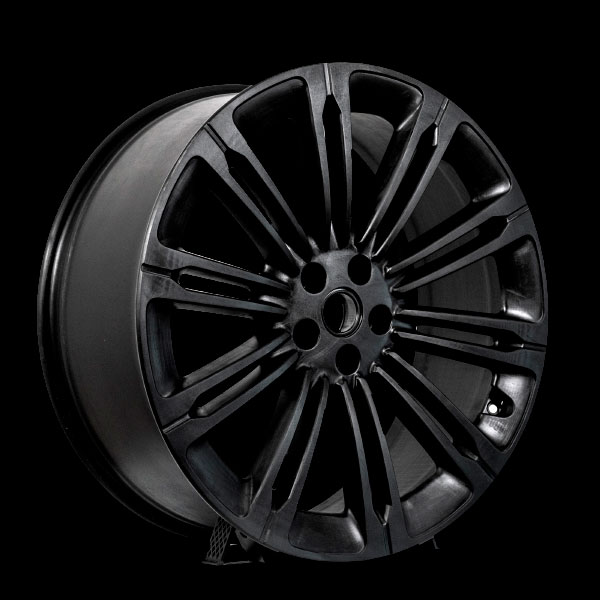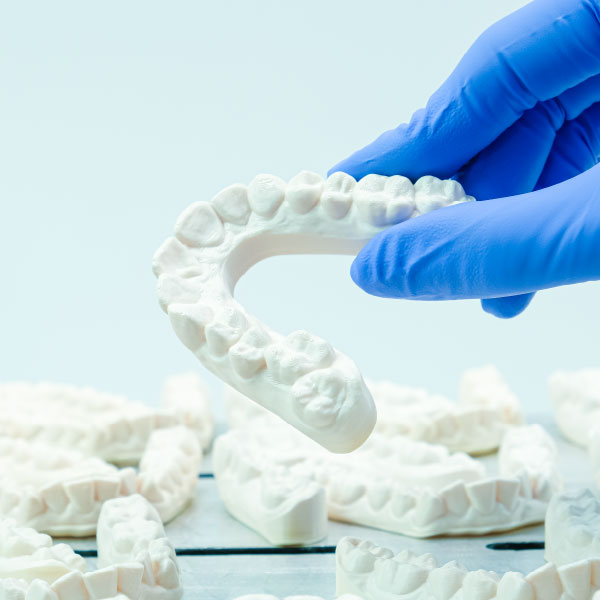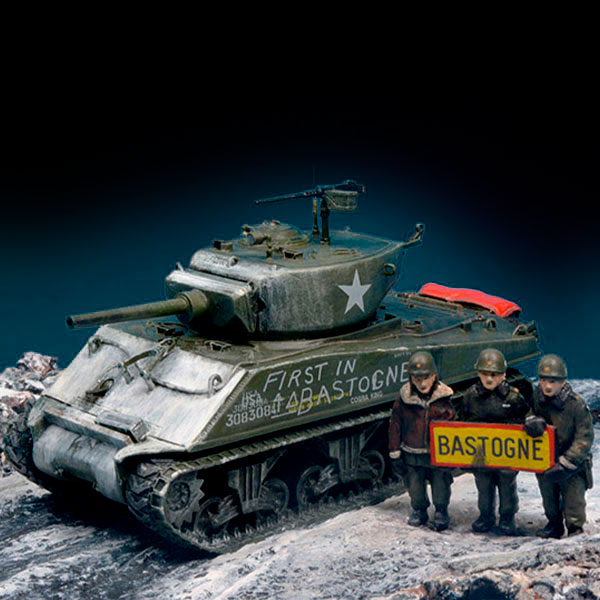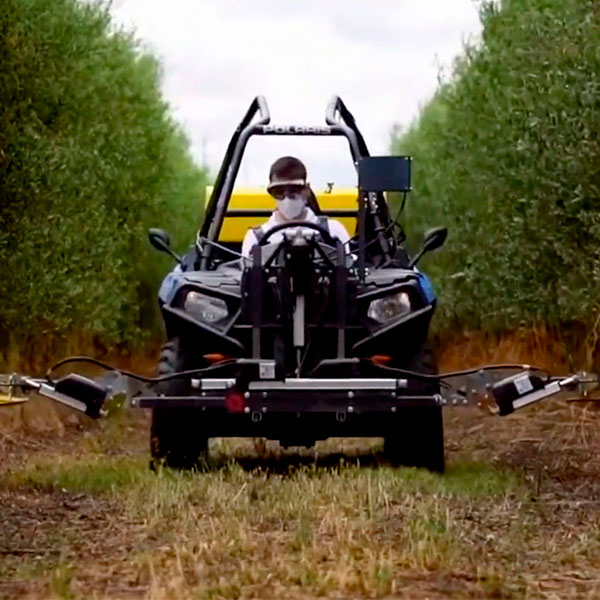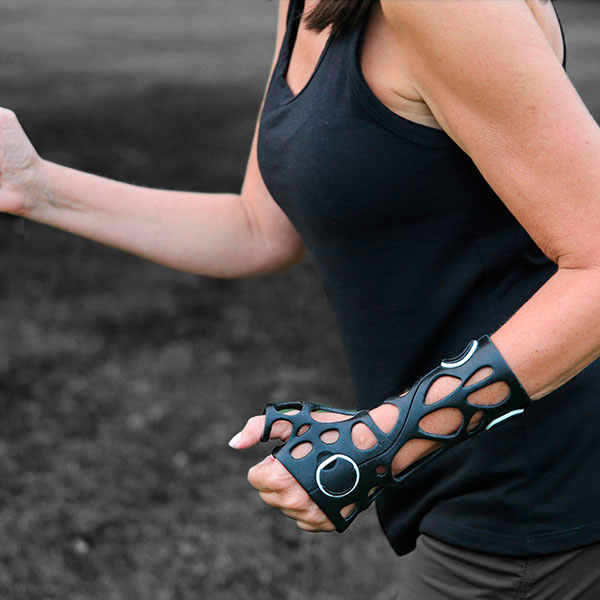Photocentric is transforming manufacturing for applications across industries.
We offer sustainable additive processes that save time, materials and energy on your components. As expert manufacturers of photopolymers, 3D printers and production parts, we provide competitive additive manufacturing solutions to help customers scale up their businesses.
Automotive Aftermarket >
We supply resins that create printed parts that look and perform like tooled plastic.
